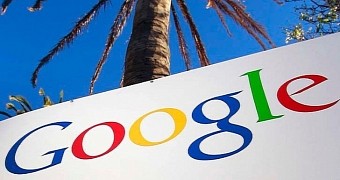Known as the Article 29 Working Party, the European data protection authorities has sent a long list of measures to Google, things that the company could implement to settle various privacy issues.
For instance, Google is told that it could clearly explain why it collects data from users and what third party entities can collect this information.
The move comes after six European nations, France, Germany, Italy, Spain, the Netherlands, and the United Kingdom, have launched a series of investigations into the way Google has consolidated about 60 privacy policies into a single one, allowing itself to combine data from a single user collected on different services, including YouTube, Search and Gmail.
The issue that all these nations have is that Google did not give people a way out of this, but rather took an executive decision and forced everyone to comply.
Article 29: Be more transparent
The Article 29 Working Party advises Google to include all new purposes for the collection, processing, sharing or any other use of personal data in its Privacy Policy. The policy itself must be immediately made available to users, who have to be able to access it via a single click, without scrolling, from each service landing page.
They are also demanding that it be made possible for users to quickly find a way to communicate with the company in order to exercise their rights. This includes the obligation to clearly identify Google as data controller for YouTube.
Google is also advised to stop using indistinct wording. More specifically, instead of saying “we can” or “we may,” it should say that “if you use services A and B, we will” do this and that. The European data protection authority simply wants Google to make sure that users give their consent without having to struggle with legalities.
“Google recently added ‘and our partners’ to the set of entities that may collect anonymous identifiers. However, Google did not inform about what type of entities these partners are and how they will use the collected data,” points out the party.
Google has been in trouble not only with the European Commission, but with various governments around Europe as well due to its policy mix-up. In January, it even received a fine from the French data protection authority and had to display a notice on the homepage.
Others have also fined Google, but they’ve all been quite small and considering this is Google we’re talking about, a company with $12.2 billion net profit in 2013, they’ve barely been a slap on the wrist.

 14 DAY TRIAL //
14 DAY TRIAL //